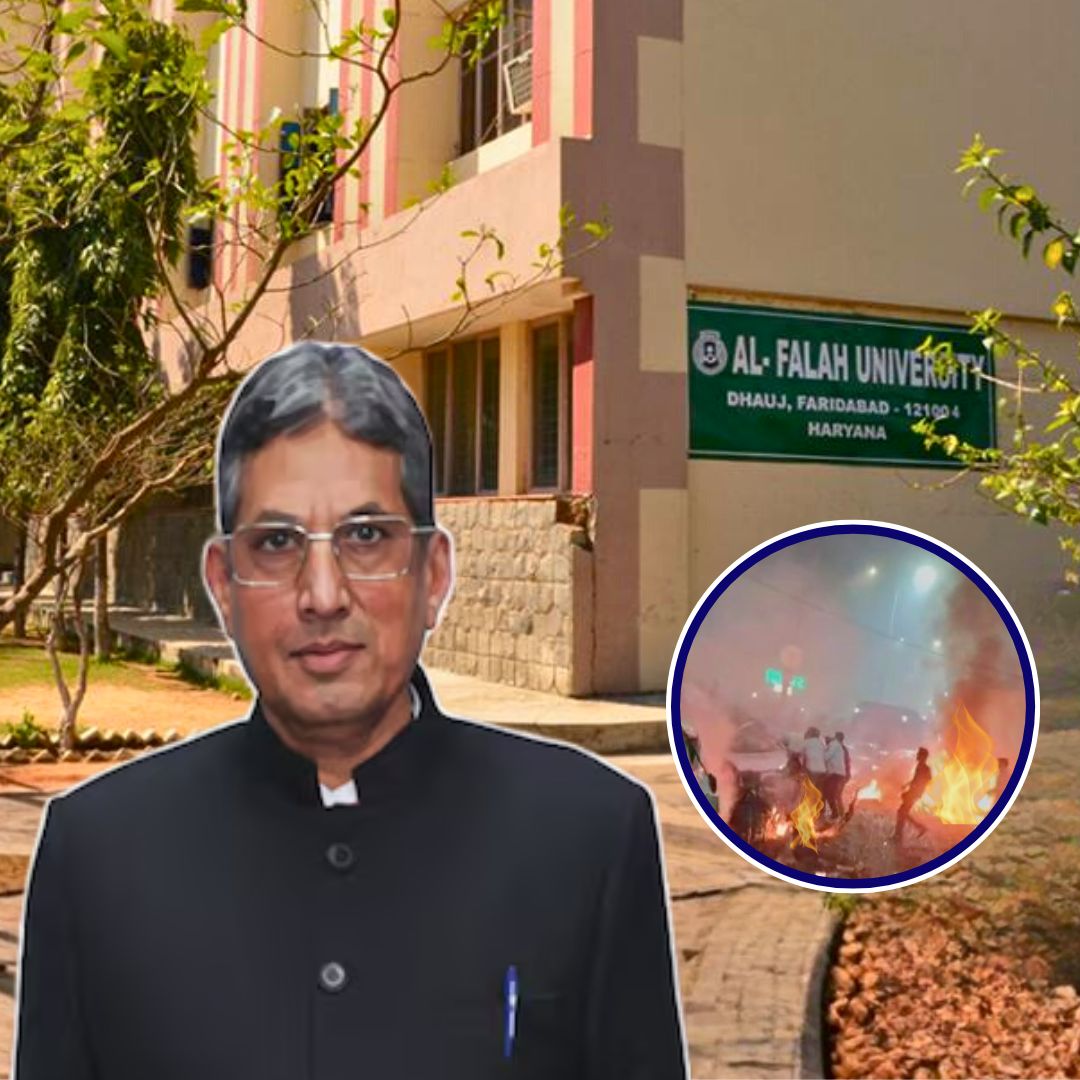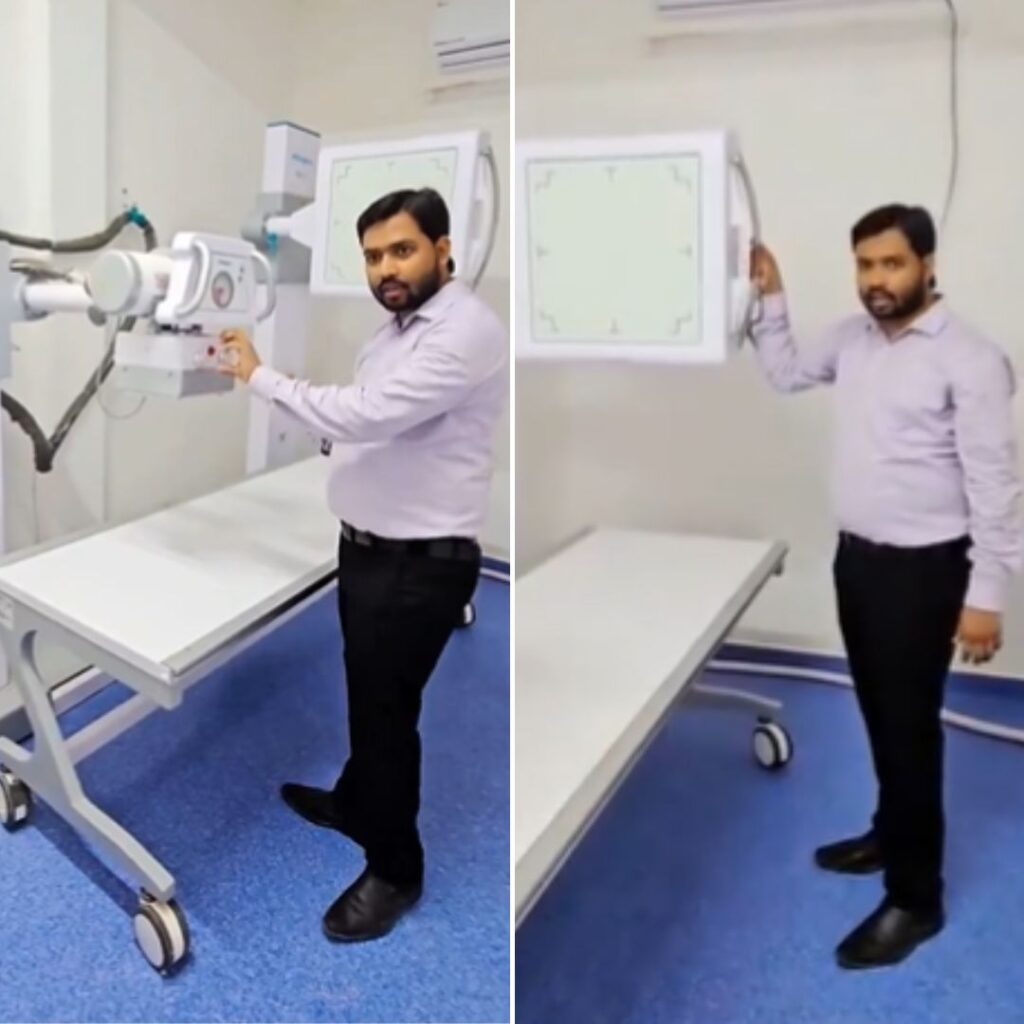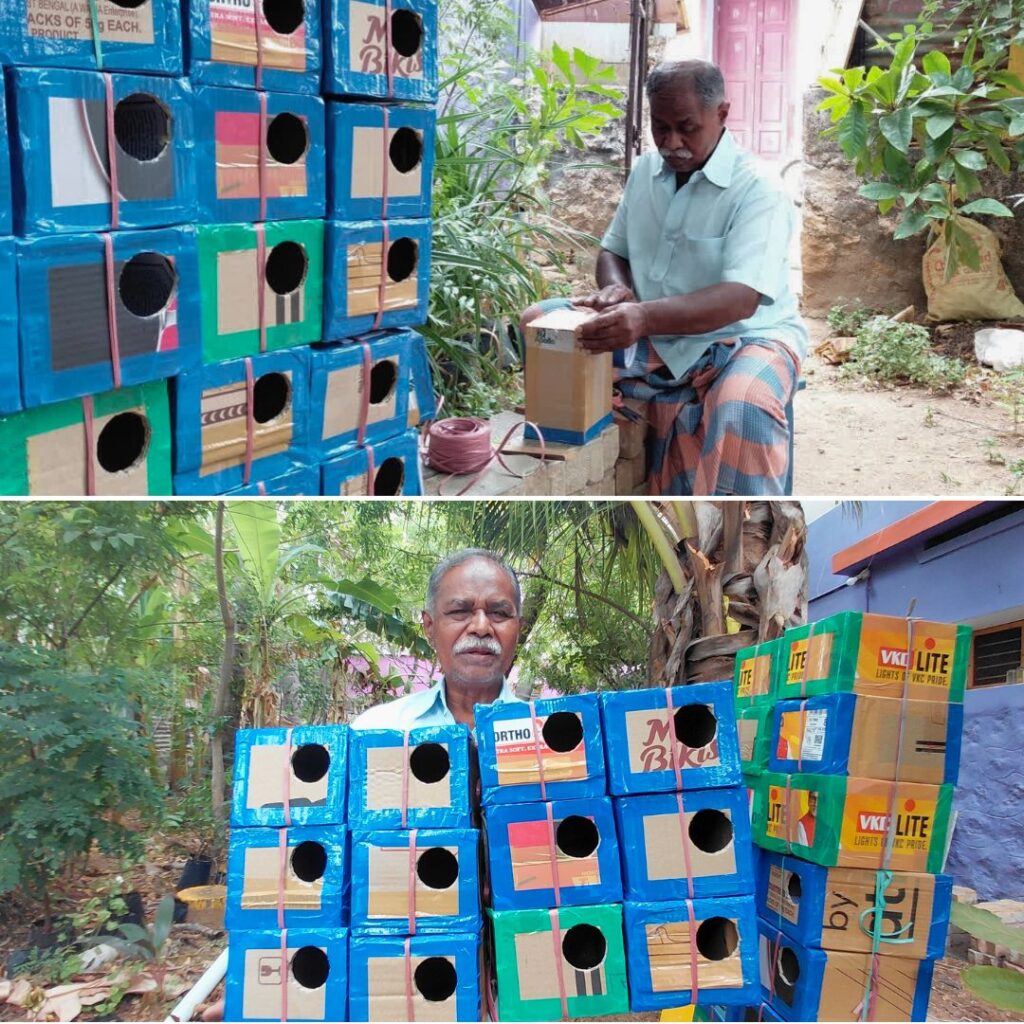Jawad Ahmed Siddiqui, founder and chairman of Al-Falah University, has been arrested by the Enforcement Directorate (ED) for alleged money laundering, fund diversion, and fraudulent accreditation tied to both financial crimes and terror modules involving the Delhi Red Fort blast case.
Siddiqui faces custodial interrogation until December 1 after day-long raids at 25 locations in Delhi NCR, Faridabad, and Okhla. The ED uncovered ₹48 lakh in cash, incriminating digital evidence, and extensive financial records across shell companies owned by Siddiqui’s family.
The case remains under active investigation, with public calls for transparency and justice from students, officials, and civil society.
Arrest and Raids: Key Facts
The Enforcement Directorate’s (ED) arrest of Jawad Ahmed Siddiqui on November 18, 2025 follows month-long investigations into alleged financial irregularities and money laundering linked to Al-Falah University and its parent charitable trust.
Siddiqui, who exercised complete control over the trust and its educational ecosystem since 1995, is accused of using shell companies and fake accreditation claims to siphon approximately ₹415 crore from student fees alone in recent years.
The agency conducted coordinated dawn raids at 25 premises in Delhi NCR, including university offices, homes of trustees, and private companies linked to the Siddiqui family. During the operation, ₹48 lakh cash, multiple digital devices, and voluminous financial paperwork were seized.
Officials reported finding nine shell companies registered to the same address, with common phone numbers and minimal physical presence-common indicators of accommodation entities used for laundering.
Siddiqui’s arrest followed “detailed analysis of evidence” collected during the raids. Senior ED officials said, “Exhaustive documentation, including cash recovery, diversion of funds to family-linked companies, and systematic layering of assets, has clearly established a pattern of proceeds-of-crime generation and laundering.”
The arrest was carried out under Section 19 of the Prevention of Money Laundering Act (PMLA). Siddiqui will remain in custody for custodial interrogation until December 1, 2025, as ordered by the Saket court, which found the allegations grave enough to justify intensive investigation.
Financial Crimes and Terror Links
The ED’s case is based on two FIRs filed by the Delhi Police Crime Branch, originally triggered by revelations in the investigation of the November 10 Red Fort blast. Doctors affiliated with Al-Falah University have been implicated in what security agencies describe as a “white-collar terror module”-with one of the bombers, Dr Umar Nabi, holding an assistant professorship at the university.
Additional suspects, Dr Muzammil Ganaie and Dr Shaheen Sayeed, were reportedly arrested as part of the probe. Investigators recovered nearly 2,900 kg of explosives from locations connected to these individuals, highlighting the gravity of the terror financing allegations.
The university is accused of misleading students and authorities by falsely claiming “A” grade NAAC accreditation after its engineering and education schools’ certificates expired in 2016, and by stating UGC recognition under Section 12(B) that did not exist.
The Association of Indian Universities also withdrew Al-Falah’s membership over these misrepresentations. In addition, crores were allegedly diverted to the chairman’s wife and children through construction and catering contracts awarded to their own firms.
HR records were missing or found to show minimal salary payments despite claims of a large faculty.
The remand order records that Siddiqui’s “resources and family connections abroad” make him a flight risk and increase the possibility of influencing witnesses and destroying evidence.
Siddiqui’s lawyer claimed the FIRs were “malicious and unfounded,” reiterating his willingness to cooperate, but the court cited the seriousness of offences as reason for extended custody.
ED and Official Statements
The ED stated: “Our financial analysis shows Al-Falah institutions generated close to ₹415 crore from FY 18-19 to 24-25 through fraudulent student fees while misrepresenting accreditation and recognition. The recovered money and documents directly indicate proceeds of crime under PMLA.
We discovered layered asset movement and contracts diverted to firms linked to Siddiqui’s family, verified by official financial records. Ongoing custodial interrogation is crucial to trace further assets and prevent tampering of evidence.”
The Union Home Ministry and senior UGC officials ordered a forensic audit after high-level meetings, citing “systemic irregularities” and security threats. “Rapid expansion and financial opacity in Al-Falah’s network warrant serious regulatory reforms,” a government official noted.
Students, parents, and civil rights campaigners have voiced anger and disappointment, demanding recovery of fees, prosecution of all responsible, and protection for affected students.
Commentators note India’s regulatory framework for private universities is “riddled with loopholes” that enable mass fraud and exploitation, calling for stronger oversight.
Background: Web of Deception
Since its inception, Al-Falah Charitable Trust has expanded aggressively, using persuasive claims of quality education and accreditation to attract thousands of aspirants each year. Officials believe Siddiqui’s extensive control enabled systemic fraud-from fake accreditations and forged documentation to fund layering via shell companies.
Many contracts for campus construction and university services were routed exclusively to firms managed by Siddiqui’s wife and children, with financial records showing blatant conflict of interest and diversion of crores in university funds.
Regulators now probe institutional governance across India’s private education sector for similar risk indicators, including improper asset layering, use of shell entities, and failure to renew legitimate accreditations.
AIU highlighted that Al-Falah’s bogus accreditation claims and subsequent withdrawal from its list should have raised red flags years earlier.
The Logical Indian’s Perspective
This case lays bare a sobering reality: unchecked power in private educational institutions not only endangers the aspirations and futures of students, but also carries profound risks to public safety and social trust. The need for robust transparency, financial audit trails, and regulatory frameworks is paramount.
The Logical Indian stands firm in its call for institutional reform-demanding comprehensive accountability from education entrepreneurs, regular audits by external agencies, and stronger student protections.
At the heart of our concern are thousands of students drawn by false promises, now left uncertain about the value and recognition of their degrees.
Beyond this, society must contend with the chilling possibility of radicalisation and terror funding camouflaged under the veneer of education.












